(CLO) The real estate market has "closed" 2024 with positive recovery results. However, the market recovery throughout the year has been uneven, with clear differentiation between segments, regions, product types, and suppliers.
The real estate market is being divided.
According to the report of the Vietnam Association of Realtors (VARs), the Vietnamese real estate market is clearly recovering. However, the recovery of the real estate market still has many shortcomings, when there is a strong differentiation between segments, regions, product types and suppliers.
VARs analyzed that in 2024, the market will record more low-rise products for sale, however, apartments will still be the dominant type, accounting for up to 70% of the total new housing supply in 2024. The supply of new apartments is mainly in the high-end, luxury segment, priced from 50 million/m2 or more, accounting for 65% of the total supply.
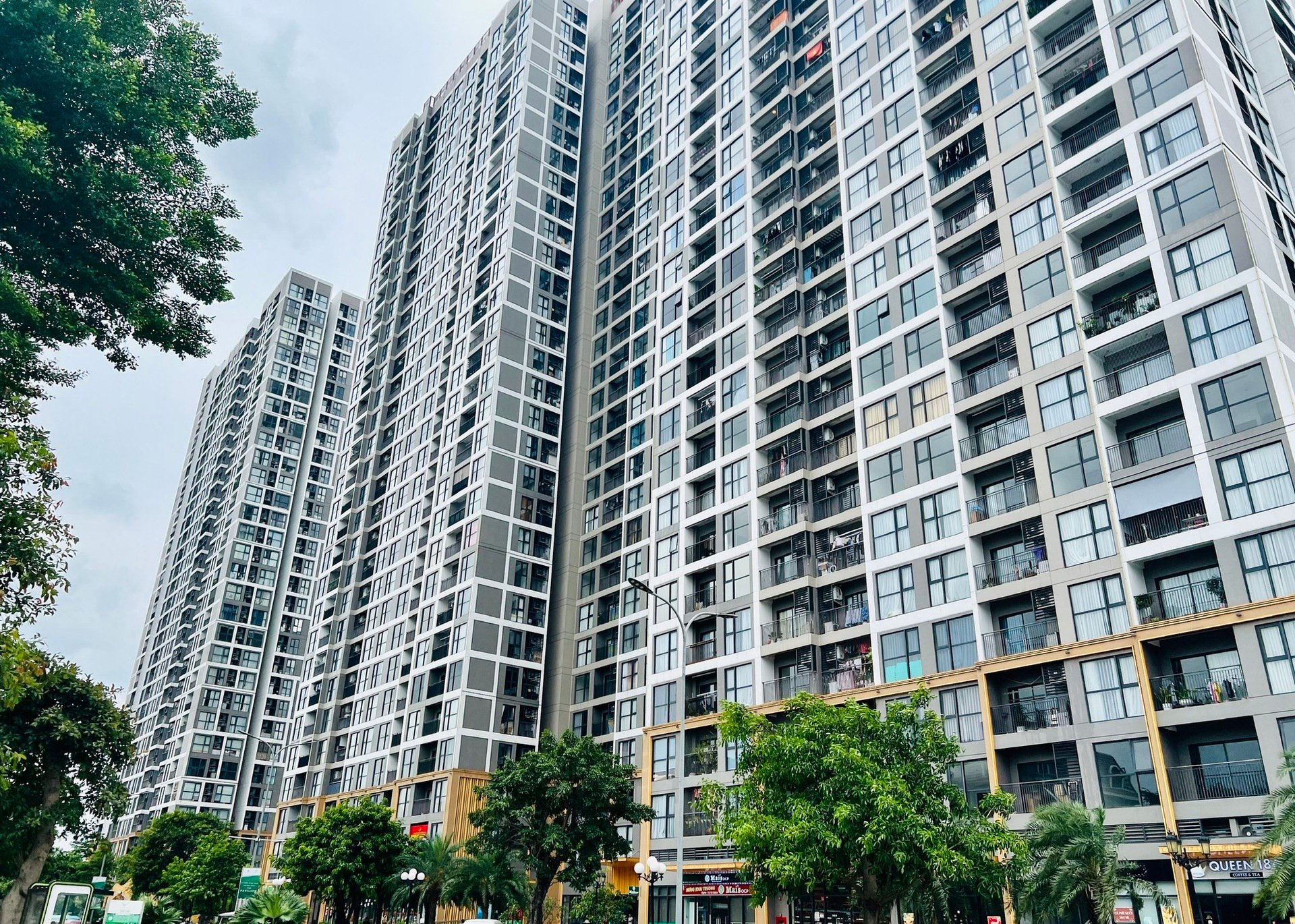
Vietnam's real estate market is not developing sustainably and is being divided. (Photo: MC)
By region, 60% of new housing supply in 2024 will come from projects in the Northern region. Meanwhile, the Southern and Central regions will account for only 29% and 11%, respectively. Supply will mainly come from mega-urban projects in suburban areas and provinces and cities adjacent to the two special urban areas.
The number of new supply openings in the Southern region increased significantly in the last quarter of 2024 with a series of large-scale projects opening for sale, but still could not "keep up" with the growth rate of supply from the Northern provinces and cities.
In terms of suppliers, 62% of new housing supply is contributed by large investors and foreign investment organizations. In particular, the ecosystems of large corporations stand out.
To elaborate on this issue, VARs said that the new laws passed by the National Assembly bring many opportunities and advantages to larger enterprises. For example, according to the new regulations of the 2024 Land Law, land recovery for commercial housing projects only applies to large-scale projects with synchronous infrastructure, which prevents many small and medium-sized projects from being implemented, especially those targeting the affordable housing segment in big cities.
According to VARs, small and medium-sized real estate enterprises do not have the financial capacity to implement large-scale projects and face difficulties in developing other commercial housing projects due to difficulties in negotiating with local people in site clearance. This group of enterprises does not have the capacity and experience to compete in auctions and bidding for land funds developed by the State.
The "knots" that need to be untied
VARS believes that in order for the market to develop stably and sustainably, Vietnam needs to have support policies to promote new supply into the market, especially affordable commercial housing products and social housing.
Firstly, it is necessary to continue reviewing real estate projects that are facing difficulties and classifying them by cause and the agency responsible for handling them. At the same time, resolutely reclaim and handle backlogged projects.
Second, develop regulations on detailed and specific valuation procedures and processes for each specific situation, so that localities and appraisal companies can easily implement them, shorten the time to determine land prices, and serve as a basis for calculating land use fees for ongoing real estate projects, helping unfinished projects to "revive" and bring new supply to the market.
Third, urgently approve investment policies for small and medium-sized real estate projects. Consider and study plans to support site clearance for projects in the affordable segment to increase the supply of affordable housing.
Fourth, research a plan to allow businesses receiving real estate project transfers to be responsible for fulfilling the transferor's previous financial obligations, to promote project implementation and bring supply to the market.
Because according to current regulations, investors can only transfer projects when they have fulfilled their financial obligations regarding the project's land to the State. While most businesses do not have enough financial capacity to fulfill their financial obligations, they are forced to transfer projects.
Many investors, especially foreign investors with enough capacity and desire to "revive" unfinished real estate projects, and have the need to develop large-scale affordable commercial housing projects, are facing difficulties due to legal issues and access to land funds.
For the social housing segment, along with continuing to promote the implementation of new legal regulations on social housing, thinking about social housing needs to be changed in a more proactive and positive direction.
Accordingly, State management agencies need to be decisive in planning work. Localities are required to urgently review and supplement urban planning and industrial park planning, ensuring sufficient land for social housing development. Urgently approve investment policies for social housing projects.
Areas that have approved investment policies need to urgently select construction investors. Increase public investment, use capital from the State budget to invest in infrastructure around areas planned for social housing project development and develop clean land funds for social housing.
For businesses, in addition to continuing to actively coordinate with state management agencies to remove obstacles for projects, it is necessary to "stick" to the new law to have the right development direction. Small and medium-sized investors can research and develop "affordable" projects in peripheral markets, new markets, where land funds are still large and prices are not too high.
Source: https://www.congluan.vn/bat-dong-san-viet-nam-ong-lon-huong-loi-doanh-nghiep-nho-bi-bo-roi-post330118.html




![[Photo] General Secretary To Lam receives US Ambassador to Vietnam Marc E. Knapper](https://vstatic.vietnam.vn/vietnam/resource/IMAGE/2025/3/31/5ee45ded5fd548a685618a0b67c42970)
![[Photo] 2nd Conference of the Party Executive Committee of Central Party Agencies](https://vstatic.vietnam.vn/vietnam/resource/IMAGE/2025/3/31/8f85b88962b34701ac511682b09b1e0d)
![[Photo] Speeding up construction of Ring Road 3 and Bien Hoa-Vung Tau Expressway](https://vstatic.vietnam.vn/vietnam/resource/IMAGE/2025/3/31/f1431fbe7d604caba041f84a718ccef7)
![[Photo] Prime Minister Pham Minh Chinh receives delegation of leaders of US universities](https://vstatic.vietnam.vn/vietnam/resource/IMAGE/2025/3/31/8be7f6be90624512b385fd1690124eaa)
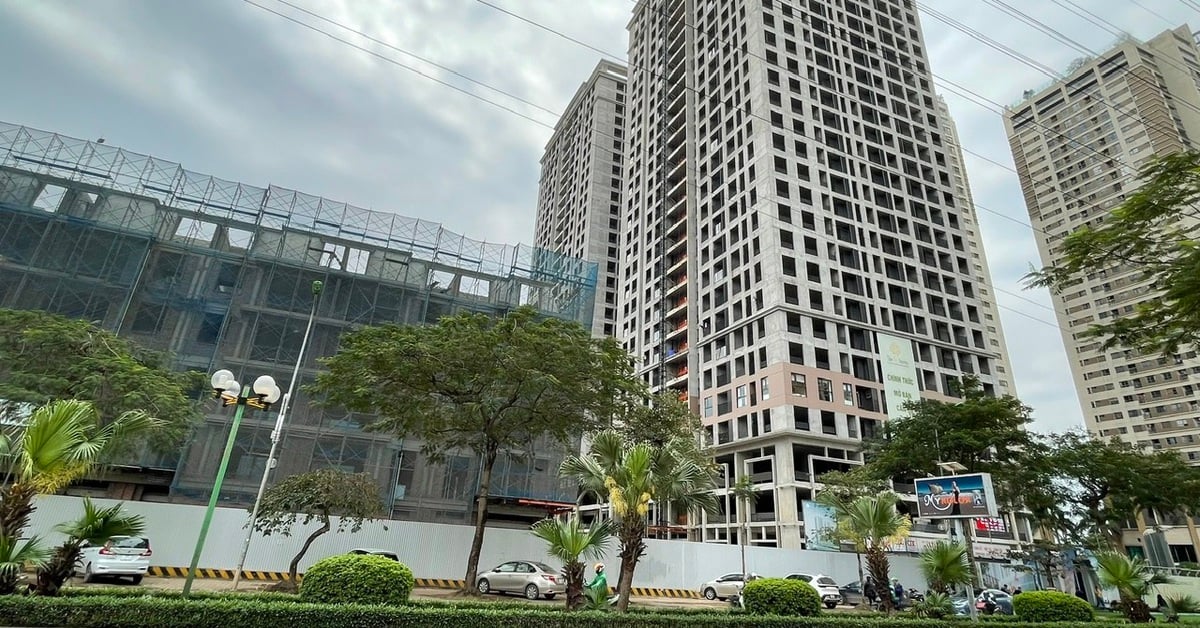

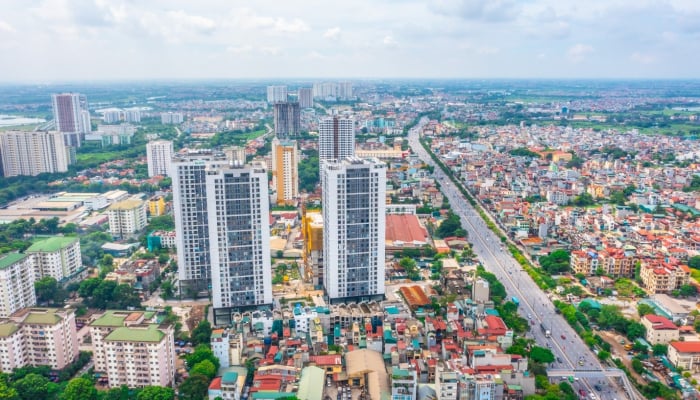
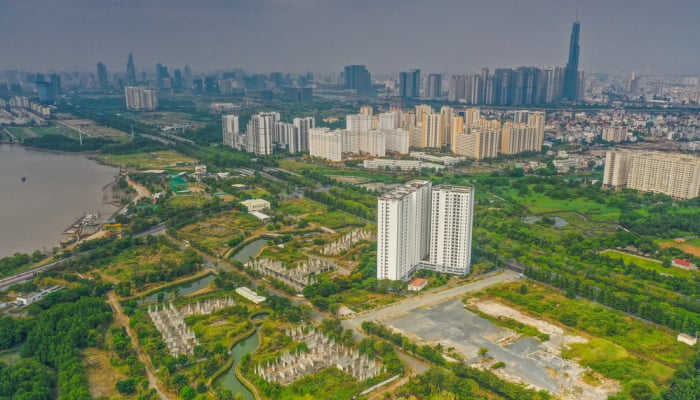
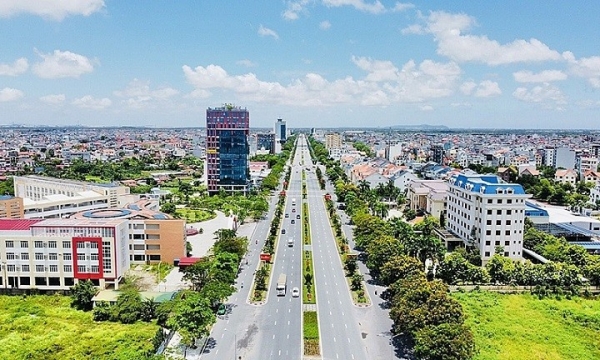


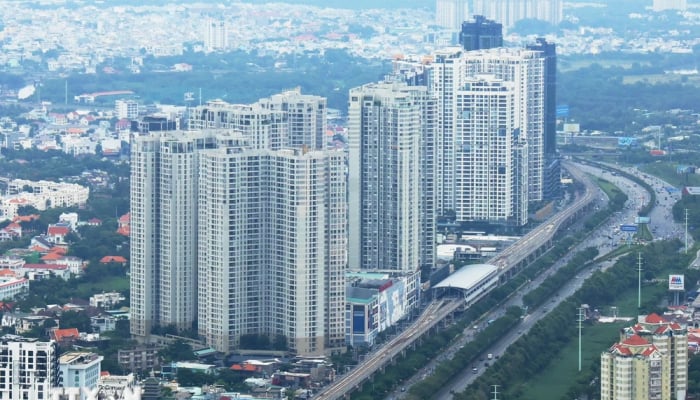
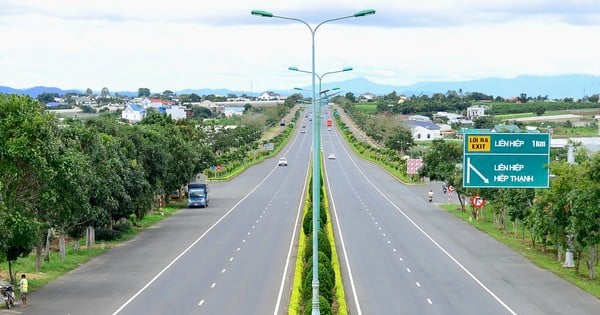


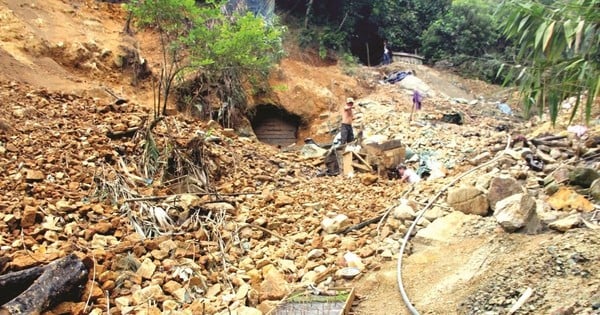
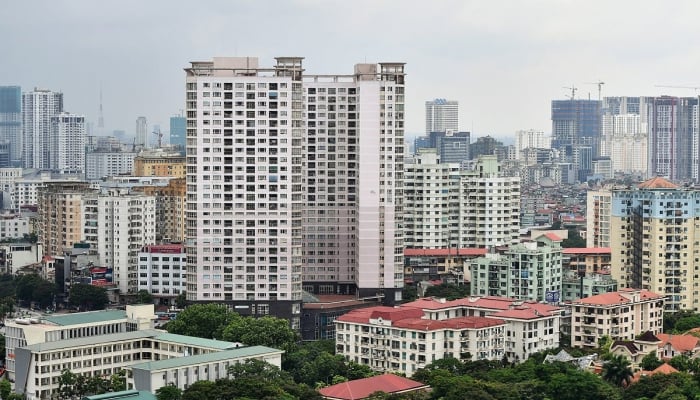





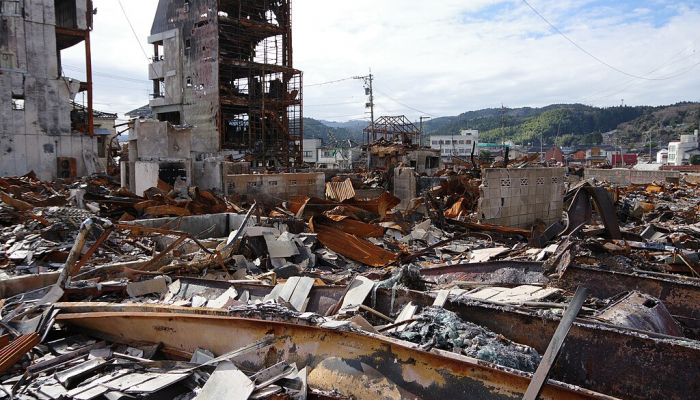



















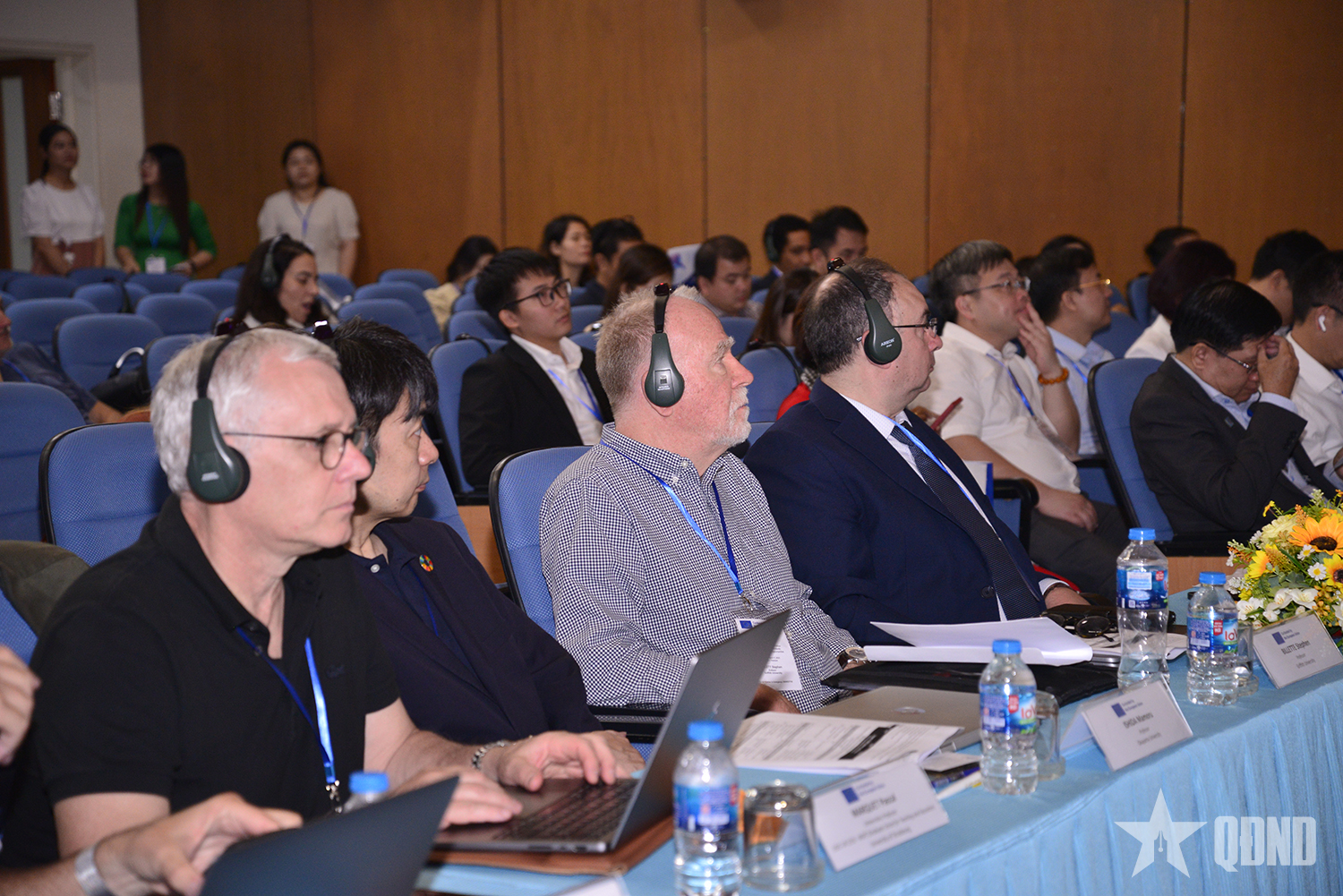















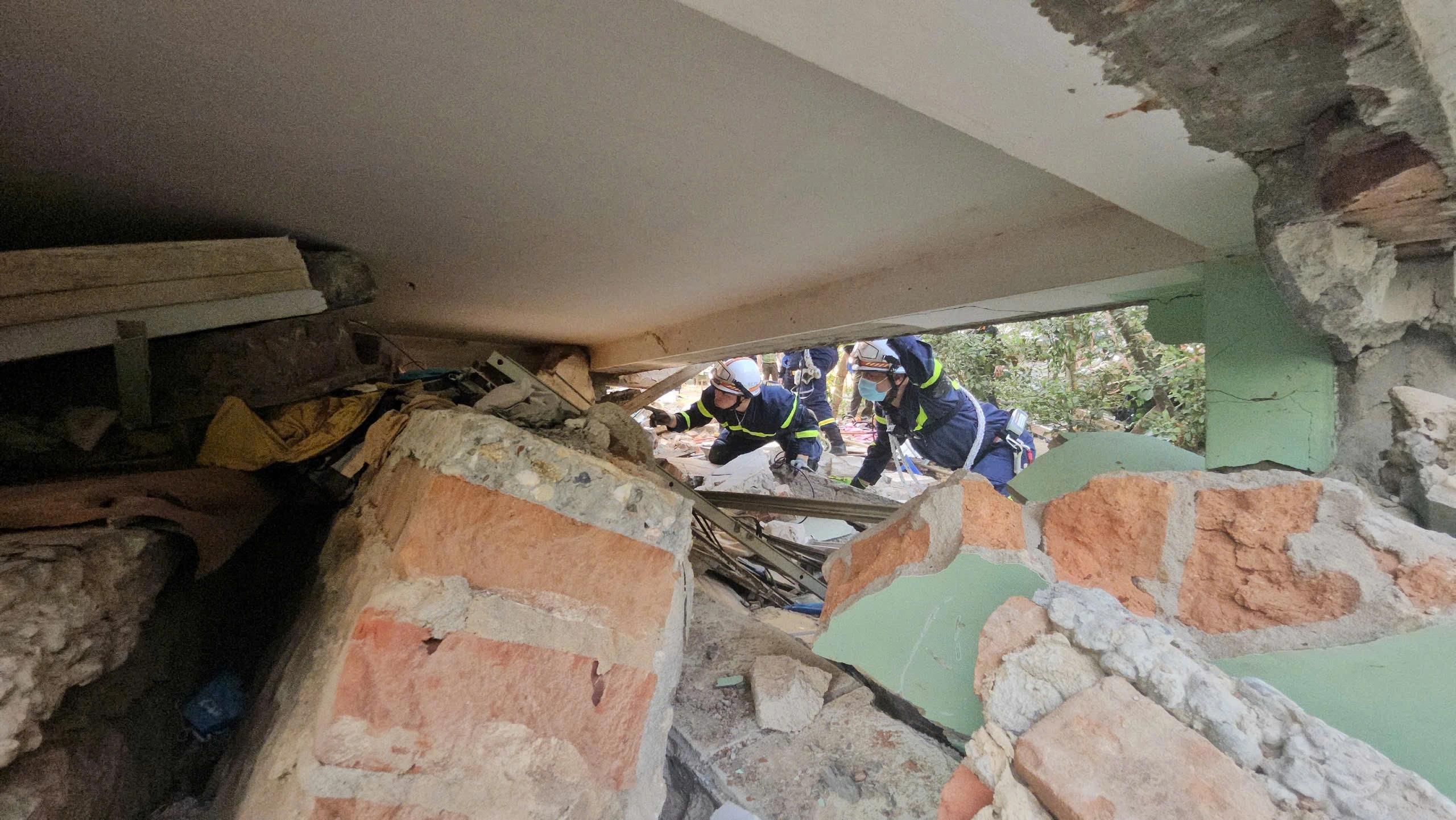








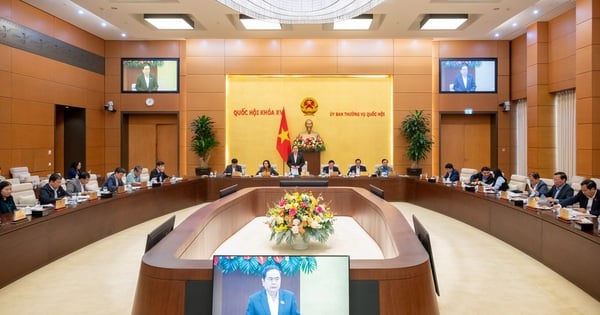
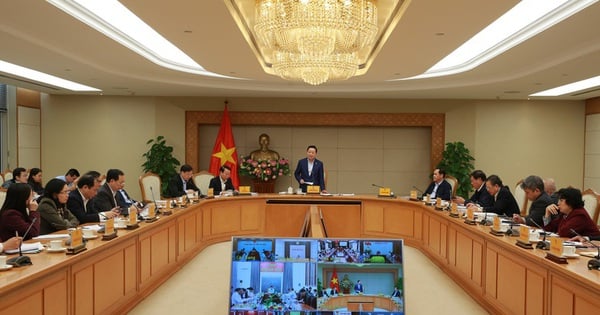



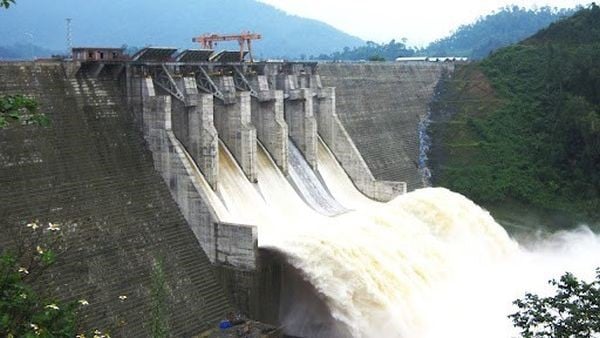

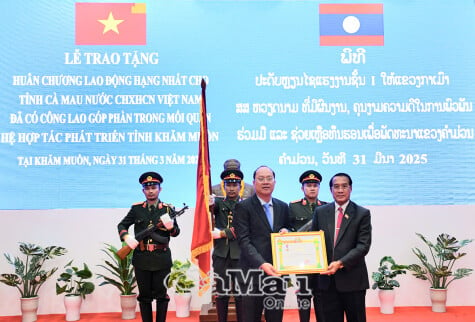




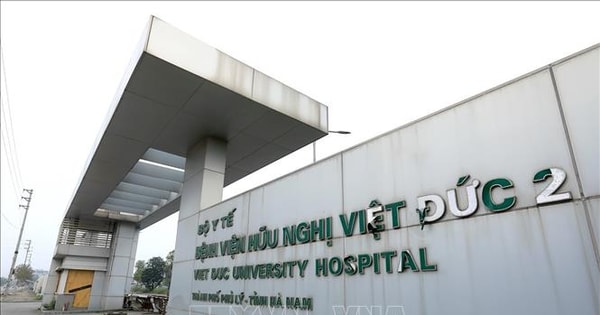


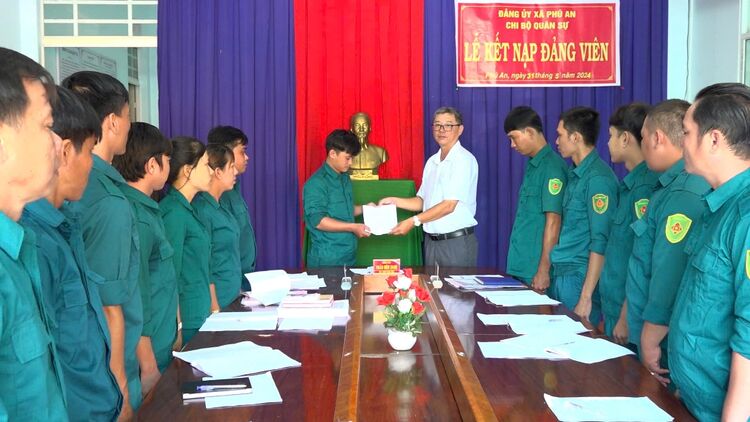









![[REVIEW OCOP] An Lanh Huong Vet Yen Cat](https://vstatic.vietnam.vn/vietnam/resource/IMAGE/2025/3/27/c25032328e9a47be9991d5be7c0cad8c)

Comment (0)